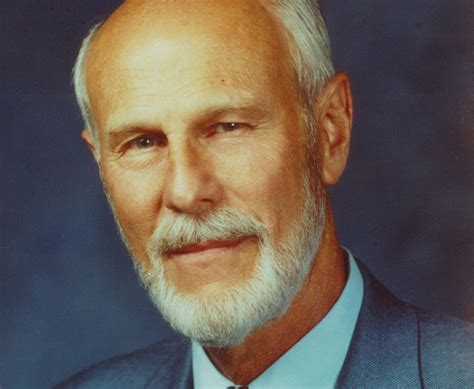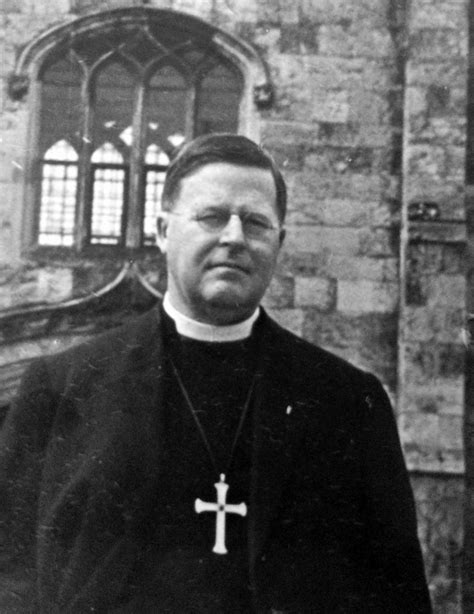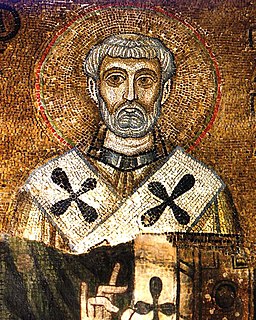A Quote by Dave Hunt
Our love for God and our appreciation of His love and forgiveness will be in proportion to the recognition of our sin and unworthiness.
Quote Topics
Related Quotes
Our God...is a consuming fire. And if we, by love, become transformed into Him and burn as He burns, His fire will be our everlasting joy. But if we refuse His love and remain in the coldness of sin and opposition to Him and to other men then will His fire (by our own choice rather than His) become our everlasting enemy, and Love, instead of being our joy, will become our torment and our destruction.
Loving a holy God is beyond our moral power. The only kind of God we can love by our sinful nature is an unholy god, an idol made by our own hands. Unless we are born of the Spirit of God, unless God sheds His holy love in our hearts, unless He stoops in His grace to change our hearts, we will not love Him... To love a holy God requires grace, grace strong enough to pierce our hardened hearts and awaken our moribund souls.
Prayer is the converse of the soul with God. Therein we manifest or express to Him our reverence, and love for His divine perfection, our gratitude for all His mercies, our penitence for our sins, our hope in His forgiving love, our submission to His authority, our confidence in His care, our desires for His favour, and for the providential and spiritual blessings needed for ourselves and others.
The commandment of God is, that we love Our Lord in all our heart, in all our soul, in all our thought. In all our heart; that is, in all our understanding without erring. In all our soul; that is, in all our will without gainsaying. In all our their ought; that is, that we think on Him without forgetting. In this manner is very love and true, that is work of man's will. For love is a willful stirring of our thoughts unto God, so that it receive nothing that is against the love of Jesus Christ, and therewith that it be lasting in sweetness of devotion; and that is the perfection of this life.
Worship is the submission of all our nature to God. It is the quickening of conscience by His holiness; the nourishment of mind with His truth; the purifying of imagination by His Beauty; the opening of the heart to His love; the surrender of will to His purpose - and all of this gathered up in adoration, the most selfless emotion of which our nature is capable and therefore the chief remedy for that self-centeredness which is our original sin and the source of all actual sin.
All true obedience comes from the heart. It was heart work with Christ. And if we consent, He will so identify Himself with our thoughts and aims, so blend our hearts and minds into conformity to His will, that when obeying Him we shall be but carrying out our own impulses. The will, refined and sanctified, will find its highest delight in doing His service. When we know God as it is our privilege to know Him, our life will be a life of continual obedience. Through an appreciation of the character of Christ, through communion with God, sin will become hateful to us.
We cannot know whether we love God, although there may be strong reason for thinking so; but there can be no doubt about whether we love our neighbor or not. Be sure that, in proportion as you advance in fraternal charity, you are increasing your love of God, for His Majesty bears so tender an affection for us that I cannot doubt He will repay our love for others by augmenting, and in a thousand different ways, that which we bear for Him.
Who can describe the bond of God's love? Who is able to explain the majesty of its beauty? The height to which love leads is indescribable. ... In love the master received us, Jesus Christ our Lord, in accordance with God's will gave his blood for us, and his flesh for our flesh, and his life for our lives.
Therefore, when we find our heart inflamed with love to God, we may know that God hath shined upon our souls in the pardon of sin; and proportionally to our measure of love is our assurance of pardon. Therefore we should labour for a greater measure thereof, that our hearts may be the more inflamed in the love of God.

































